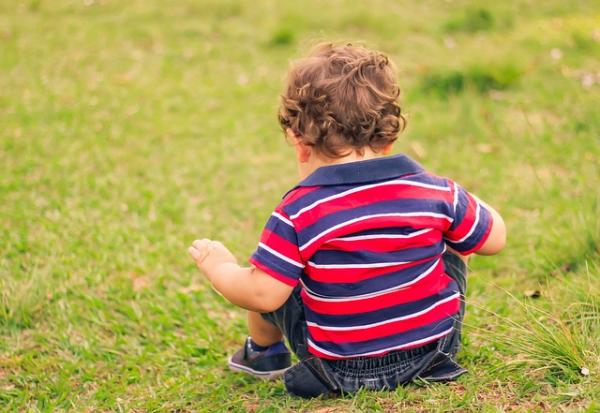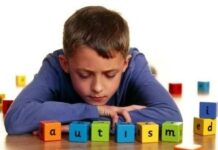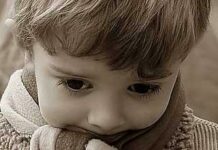Autism spectrum disorder(ASD) and autism are general terms for a group of complex disorders of brain development. These disorders are characterized, to a greater or lesser degree, by difficulties in social interaction, verbal and non-verbal communication, and repetitive behaviors. As it is necessary to know the most characteristic features of this group of disorders to be able to identify them in time to help children who suffer from them, then in this article we are going to explain the types of childhood autism and their characteristics.
These disorders are characterized, to a greater or lesser degree, by difficulties in social interaction, verbal and non-verbal communication, and repetitive behaviors. As it is necessary to know the most characteristic features of this group of disorders to be able to identify them in time to help children who suffer from them, then in this article we are going to explain the types of childhood autism and their characteristics.
Index
- What is autism
- Types of childhood autism
- The characteristics of childhood autism
What is autism
Autism is a neurobehavioral disorder that affects communication skills, language and social skills of people who suffer from it. In addition, children who have autism or Autism Spectrum Disorder (ASD) also tend to have repetitive and stereotyped behaviors.
ASD varies in different levels of severity, so depending on the severity of the affectation, people who suffer from it can lead a more or less normal life or, on the contrary, they will always need constant attention by their side to help them develop. constantly.
Types of childhood autism
There are three different types of autism spectrum disorders that need to be differentiated in order to understand both grades and types:
Autism Spectrum Disorder or ASD
First, we find the classic autism, also called as ASD. In this condition, people have serious difficulties in developing language and communication skills, as well as serious difficulties in developing social skills. They tend to have abnormal behaviors for society and unusual interests. Normally, people who have ASD also tend to have cognitive problems and even intellectual disabilities. They usually have problems to be able to develop in society.
Asperger syndrome
Second, we find a variant of autism: Asperger’s Syndrome. Asperger people have features and even mild symptoms of autism, and although they may have problems in society and unusual interests, they can fully develop in society and lead completely normal lives. They do not usually have problems in language skills or cognitive problems, moreover, they can present an intelligence above average.
Generalized Developmental Disorder or PDD
Finally, we can find a Generalized Developmental Disorder or PDD, where people with atypical autism are diagnosed as they would not meet the two previous conditions. In this category, children will have hardly any recognized symptoms of ASD and those that do present may have a minimal effect on them in society or in their personal life. With good work and early stimulation, these children can develop normally.
The characteristics of childhood autism
Some characteristics of children with autism are the following:
- Communication skills problems.
- Little or no empathy.
- Emotional expression problems of any kind.
- It can be very sensitive to noise, smells, or any other aspect that may be normal for other people.
- Repetitive, stereotypical movements (hand flapping, rocking on itself, etc.).
- Not willingly accepting the change of routines without good anticipation.
- It seems that they are stuck in an invisible bubble and that there is nothing that interests them around them, neither people nor activities.
- Some children may have seizures.
- Cognitive problems and even intellectual disability.
- Delays in different areas of development.
- Parents can detect autism before their child is 3 years old.
- There are children who can develop normally but when the time for language development comes around 18 months and older, they can present communication problems that set off alarms.
Each child is different and children with ASD as well. Although there are some characteristics that clearly identify the disorder and that can help you to know if your child has autism or is unlikely, it is necessary for a medical professional to assess whether the child really has this disorder or not. The evolution of children can be very different and that a child at 18 years of age does not speak does not mean that he is necessarily autistic, other features in his evolution should be evaluated before giving a diagnosis.
This article is merely informative, we do not have the power to prescribe any medical treatment or make any type of diagnosis. We invite you to see a doctor in the case of presenting any type of condition or discomfor




